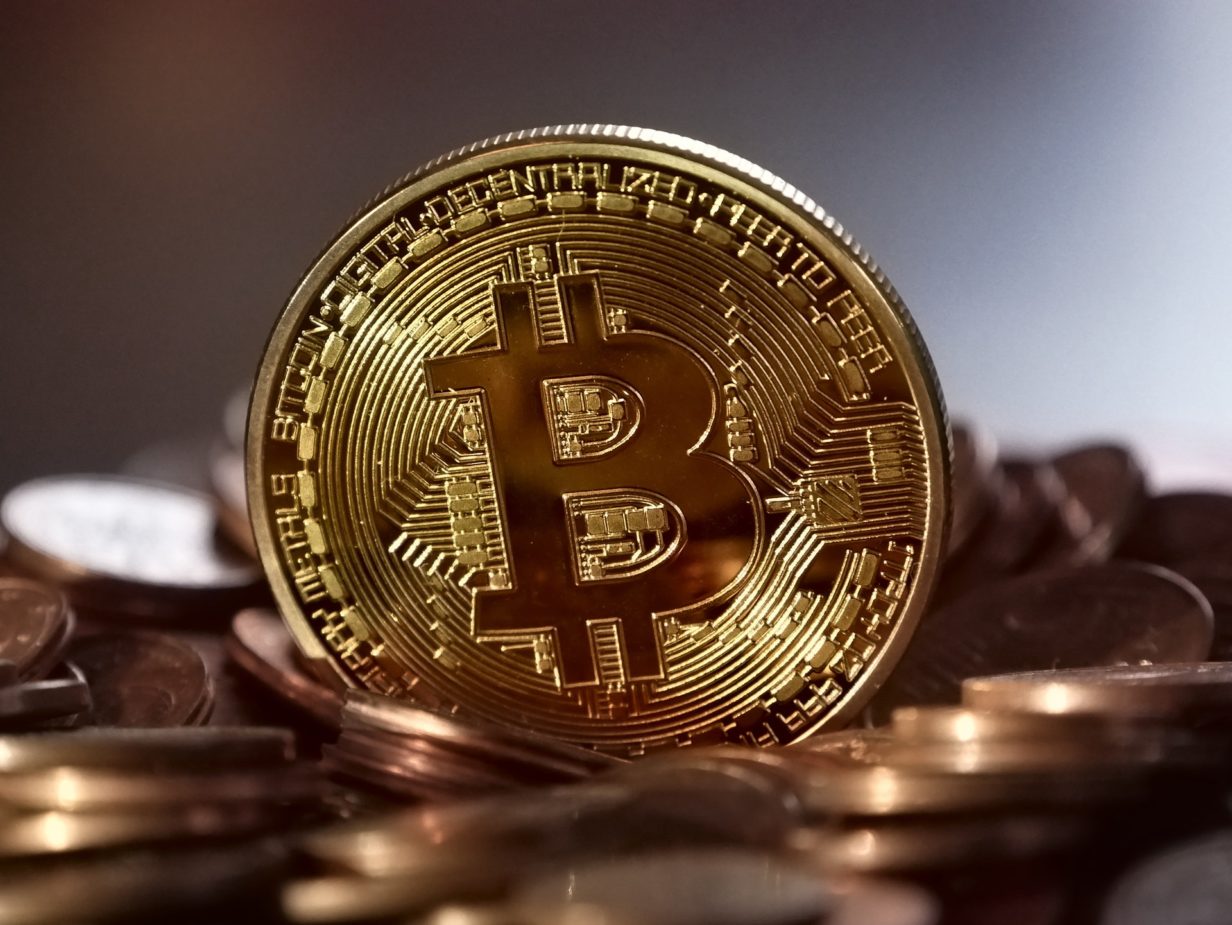As a digital currency, Bitcoin is something that any government or central bank does not control. Instead, it is lines of computer code that are digitally signed each time they travel from one owner to the next.
Bitcoin is designed to allow its owners to send money quickly and easily, with minimum transaction fees. The idea behind bitcoin was introduced by Wei Dai in 1998 on the cypherpunks mailing list, proposing a form of money that is controlled by cryptography rather than a central authority. Building upon this concept, software developer Satoshi Nakamoto released the first bitcoins in 2009 as open-source software.
What Makes Bitcoin Different?
What makes Bitcoin different from normal currencies? First, unlike state-issued fiat money that can be inflated at will through additional issuance of the currency, a bitcoin has a set number of units that can ever exist – an upper limit. Furthermore, the issuance is set to halve every four years until no more than 21 million bitcoins will eventually be created.
The actual amount of issued bitcoins (the monetary base) increases steadily at a pre-determined rate and would approximately equal 200 million USD by 2015. However, unlike fiat money, whose issuing is controlled by central banks, which can print as much as they want whenever they want. Therefore, there is no unlimited amount of bitcoins unless you are willing to do some mining yourself using special software and computers with high-end graphics processors. This keeps prices mathematically based on demand.
Privacy & Security
Nobody owns Bitcoin. It’s run on a global peer-to-peer network controlled by users who set their own rules, and it allows you to be completely anonymous if you wish. There are no cross-border fees or limitations; all you need is an email address to get started with purchasing and getting paid within your cryptocurrency wallet to transfer funds from one place to another, like PayPal or Western Union.
No middleman means that there are lower transaction costs and fewer barriers for sending payments across the globe. In addition, you can send money across borders without incurring significant fees, making saving money much easier since capital controls are avoided, making it possible for anyone in the world (not just those based in America) to invest.
Simple Pricing
Because bitcoins are so simple to send, there’s no need to convert each transaction into your own currency and transfer it between banks. Instead, the bitcoin is simply sent to the recipient in its original form. This ability for anyone to make a payment is part of why some people see great promise in bitcoin, especially those seeking an alternative payments solution for merchants.
Being Your Own Bank
Bitcoin protects you from many things. Essentially, it lets you be your own bank. The advantages include never having a third party freeze your account or block any financial transactions. There is no credit card safety net required, lower fees than other online payment methods, and no need to give out personal information such as your social security number.
Transparency
The blockchain is public, meaning that every transaction ever processed by the network can be easily viewed and verified. Due to this transparency, it makes tampering of any transactions very difficult and provides a high degree of confidence in currency value.
Bitcoin has also proven itself extremely resilient to attack during its short existence; there have been no reported thefts from bitcoin accounts since its inception. With these four main benefits of using Bitcoin over current mainstream currencies, one must ask themselves if they are truly ready to invest in bitcoins now or wait until later when the market becomes more established and stable?



